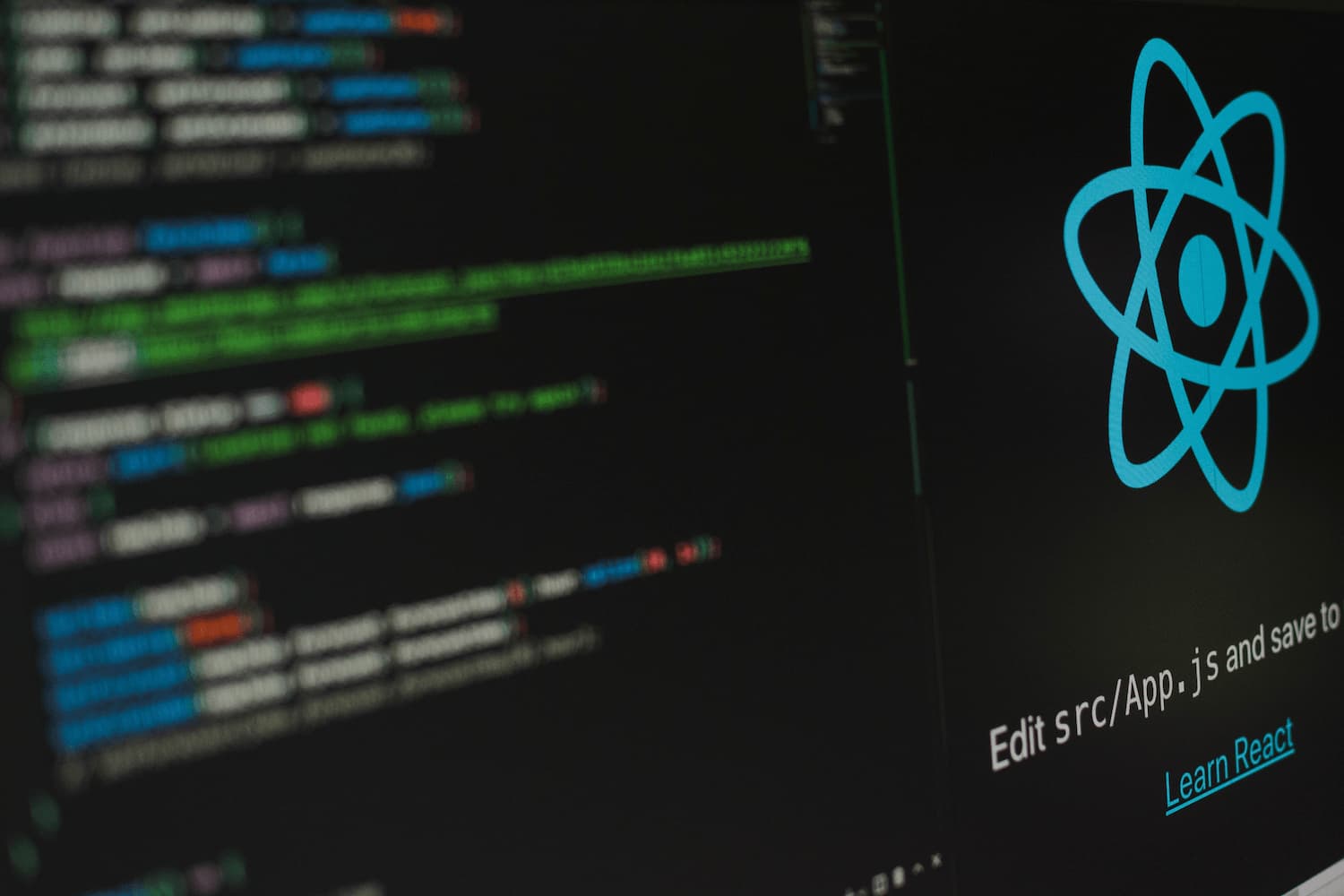Not finance, strategy, nor technology, but the ability to work as a team is a decisive factor in the competitive advantage - unfortunately, it is rare. Like many other aspects of life, teamwork boils down to mastering certain behaviors, which in theory is rather uncomplicated, but in reality extremely difficult to apply. Teams may only hope for success if they overcome these innate human behavioural tendencies, which contribute to the emergence of dysfunction in teams.
The true measure of a team's effectiveness is whether it achieves the intended results. For this to happen, it must constantly overcome the five dysfunctions characterized by the behaviors described below.
The most common dysfunctions in teamwork
Lack of trust
Trust is the foundation of any work, especially teamwork. In the absence of trust, the team revels in discussing its own mistakes, fears, gaps in knowledge and behavior. Each member of it is completely closed to others.
Fear of conflict
Although perhaps conflict is an overused word. The point is that team members who do not trust each other are afraid to have heated discussions about issues that are crucial to the project's success. They hesitate to disagree with others, question their point of view and discuss to find the best possible solution.
Lack of commitment
Lack of commitment occurs when team discussions yield no results, when a group of people is unable to make an important decision, or when ideas and concepts are swept under the rug. A team that fails to engage creates confusion about direction and priorities. It's also about team members' reluctance to cause themselves the interpersonal discomfort accompanying drawing attention to their colleagues' behavior or a tendency to avoid difficult conversations.
Avoidance of responsibility
Team members not involved in decision-making and following established standards do not require others to characterize their performance. In addition, they often believe that responsibility for results applies only to the leader and not to everyone.
Lack of attention to results
Members in dysfunctional teams are unable to set aside personal objectives and prioritise the group's needs. Such individuals are most often tempted to put their own interests first (individual career development, their own egos, their own projects) over the success of the team.
Achieving the desired results requires
Trust
Trust is the absolute foundation of true teamwork. So if some team members don't understand others and aren't open to them, that's a critical part of team building. Without understanding and openness, there is no trust. This is likely the most critical element to achieving anything. Such trust requires team members not to be afraid to tell the truth about themselves, ask for help, realize that they depend on each other, and believe that this dependence will not be used against them. The dependence I'm talking about also applies to weaknesses, lack of skills, difficulties in interpersonal relations, mistakes and requests for help.
Conflict (lively discussion)
When we talk about conflict, we are talking about an ideological and productive discussion of important issues without being tinged with either ideological or personal bias. Any team that wants to be productive needs to learn this and get used to a direct, frank exchange of ideas. Those engaged in lively discussion get to know and use the ideas of all their members, quickly solve the real problems and openly discuss the most important issues. There is no politics here. There is only an exchange of ideas to reach a common goal as quickly as possible.
Commitment
Engagement in a team is a function of two things: clarity and identification. Great teams make clear decisions at the right time and move forward in a common direction. This shared direction can be achieved through consensus - this is because the idea is to achieve commitment even when complete agreement is impossible.
They understand that a rational person doesn't need to put their best foot forward to support a decision; they just need to know that everyone's opinions have been heard and considered. When the team connects with the objective, it unites on the decisions made, feeling that any decision is preferable to none. Also, it learns from its mistakes and advances without hesitation.
Responsibility
Responsibility is a concept that is, unfortunately, often misunterdood. In the context of teamwork, however, it refers specifically to the willingness of team members to call their colleagues to order if they fail to achieve results or their behavior harms the team. The best way to achieve accountability is to publicly explain exactly what the team is supposed to achieve and how everyone should behave to achieve success.
All of this to create an atmosphere of mutual support and respect. Where underperformers feel pressure from other group members to improve those results.
Caring about results
It refers to the tendency of team members to care about the group's overall objectives. An unwavering focus on specific goals and clearly defined expectations is required for any team to evaluate its performance. With that said, results are not limited to financial figures such as profit, revenue or return on investment but also apply to everything that results from specific actions. Why is this important? Because a team that focuses on shared results keeps employees achievement-oriented, collectively enjoys success and acutely suffers from failure, and avoids distractions.
Read also: How To Deal with Risk When Developing IT Products?
Summary
In conclusion, the key element of teambuilding is courage to be open first and foremost. Building trust, allowing lively discussion, fostering commitment, encouraging accountability, and caring about results are also helpful.
But what is equally important from a Scrum Master's perspective is that building a team will not be achieved without investing a significant amount of time and emotional energy.



